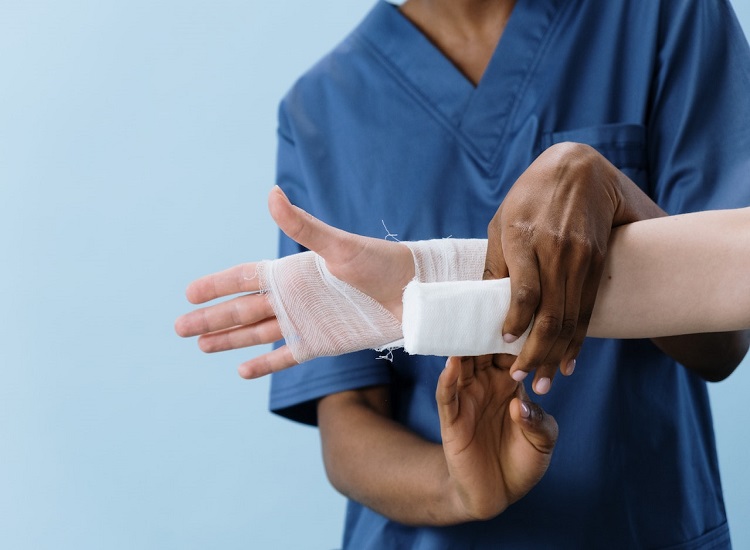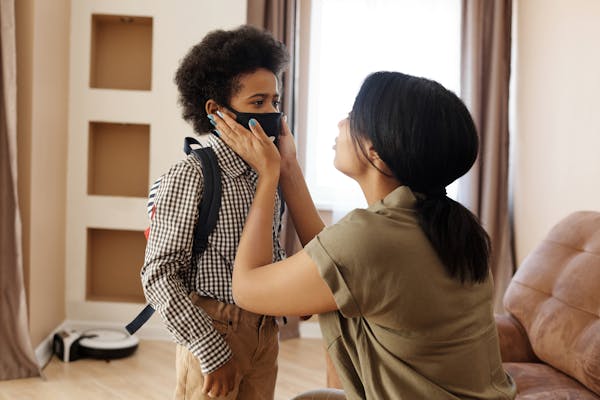
The carrier’s duty of care
When purchasing a ticket or taking out a subscription, a transport agreement is created between you and the transport company. Part of that agreement is that the carrier undertakes to transport you safely to the place of destination. For example, the driver of the relevant means of transport must be in possession of all the necessary driving licenses and must have sufficient experience. The equipment must also be in order. The train, bus, metro, or tram may not show any defects and must be checked periodically. In addition to general legal requirements, the various transport companies (such as NS, Arriva, RET, HTM, and GVB) may also have additional rules.
Who is liable in the event of an accident in public transport?
However, you may be injured during transport. The law stipulates that the carrier is liable for damage suffered by a traveler as a result of an accident with and during transport. What period does this mean exactly? The period that you as a traveler are on board the means of transport, boarding, or disembarking.
The question has been submitted to the court whether the definition ‘during transport’ covers the entire period between check-in and check-out. That is not the case. The boarding period only includes the actual boarding itself and not the period that you as a traveler spend on the platform before that (between checking in and the actual boarding).
When is a carrier not liable?
Even if there is a small share in the cause of the accident, the carrier is 100% liable. A carrier is not liable if the accident was caused by a circumstance that a careful carrier cannot avoid and the consequences of which the carrier cannot prevent. An example of this is making an emergency stop to prevent a crash with a suddenly approaching road user.
Own fault
There may also be a question of your own fault if there are circumstances that can be attributed to the behavior of you as a passenger yourself. For example, if you get up before the bus has come to a stop and then fall and sustain an injury, chances are you will have to bear some of the damage yourself. The carrier must then be able to demonstrate that the injury was (partly) caused by you getting up too early.
What is reimbursed?
In the first place, it concerns compensation for direct damage, such as damage to luggage, glasses, clothing, or a (folding) bicycle. Medical costs are also reimbursed. But also damage that you suffer because you can no longer work (for a while), you need domestic help, someone has to walk the dog or your home has to be renovated because you are no longer able to climb stairs, must also be fully compensated.
Need help with personal injury?
Have you suffered an injury during a trip with one of the Dutch transport companies or do you have another question? Please contact me or one of my colleagues from the Personal Injury Law section so that you get what you are entitled to.








